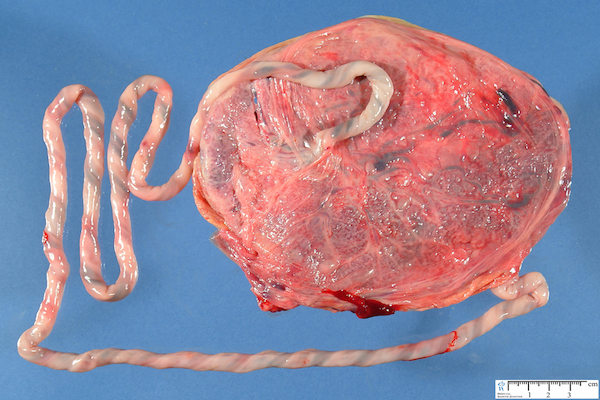Umbilical cord-derived stem cells (MODULATISTTM) show strong immunomodulation capacity compared to adipose tissue-derived or bone marrow-derived mesenchymal stem cells
Abstract
Introduction: Mesenchymal stem cells (MSCs) show great promise in regenerative medicine. Clinical applications of MSCs have recently increased significantly, especially for immune diseases. Autologous transplantation is considered a safe therapy. However, its main disadvantages are poor stability and quality of MSCs from patient to patient, and labor-intensive and time-consuming culture procedures. Therefore, allogeneic MSC transplantation has recently emerged as a potential replacement for autologous transplantation. “Off the shelf” MSC products, or so-called “stem cell drugs”, have rapidly developed; these products have already been approved in various countries, including Canada, Korea and Japan. This study aims to evaluate a new stem cell product or “drug”, termed ModulatistTM, derived from umbilical cord mesenchymal stem cells (UCMSCs), which have strong immunomodulatory properties, compared to bone marrow-derived MSCs (BMMSCs) or adipose tissue-derived stem cells (ADSCs). Methods: ModulatistTM was produced from MSCs derived from whole umbilical cord (UC) tissue (which includes Wharton’s jelly and UC), according to GMP compliant procedures. Bone marrow- and adipose tissue-derived MSCs were isolated and proliferated in standard conditions, according to GMP compliant procedures. Immunomodulation mediated by MSCs was assessed by allogenic T cell suppression and cytokine release; role of prostaglandin E2 in the immunomodulation was also evaluated. Results: The results showed that ModulatistTM exhibited stronger immunomodulation than BMMSC and ADSC in vitro. ModulatistTM strongly suppressed allogeneic T cells proliferation and decreased cytokine production, compared to BMMSCs and ADSCs. Conclusion: ModulatistTM is a strong immunomodulator and promising MSC product. It may be useful to modulate or treat autoimmune diseases.
Downloads
Published
2016-06-26
Issue
Section
Original Research
License
Copyright The Author(s) 2017. This article is published with open access by BioMedPress. This article is distributed under the terms of the Creative Commons Attribution License (CC-BY 4.0) which permits any use, distribution, and reproduction in any medium, provided the original author(s) and the source are credited.
How to Cite
Umbilical cord-derived stem cells (MODULATISTTM) show strong immunomodulation capacity compared to adipose tissue-derived or bone marrow-derived mesenchymal stem cells. (2016). Biomedical Research and Therapy, 3(06), 687-696. https://preservation.bmrat.org/index.php/BMRAT/article/view/103
